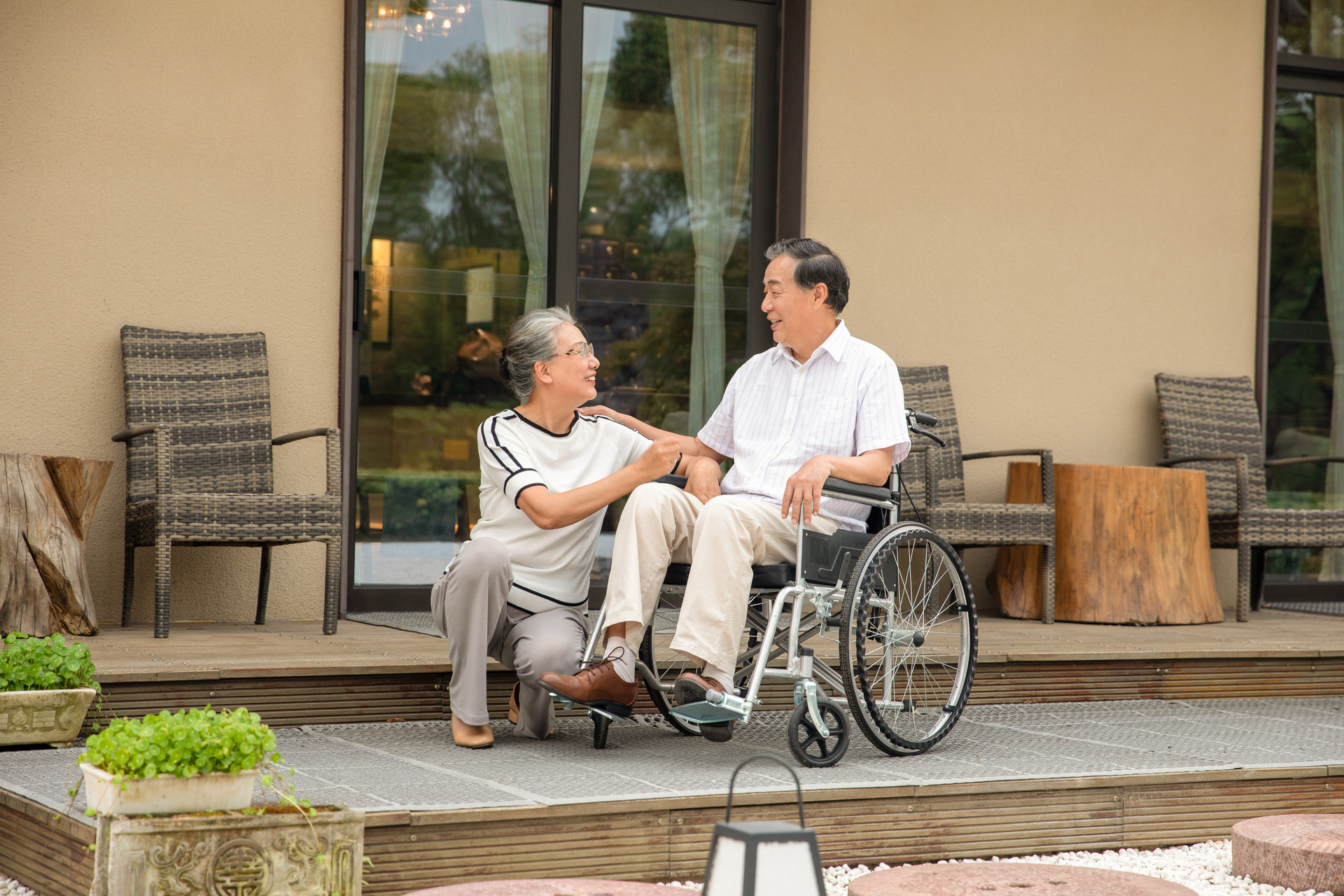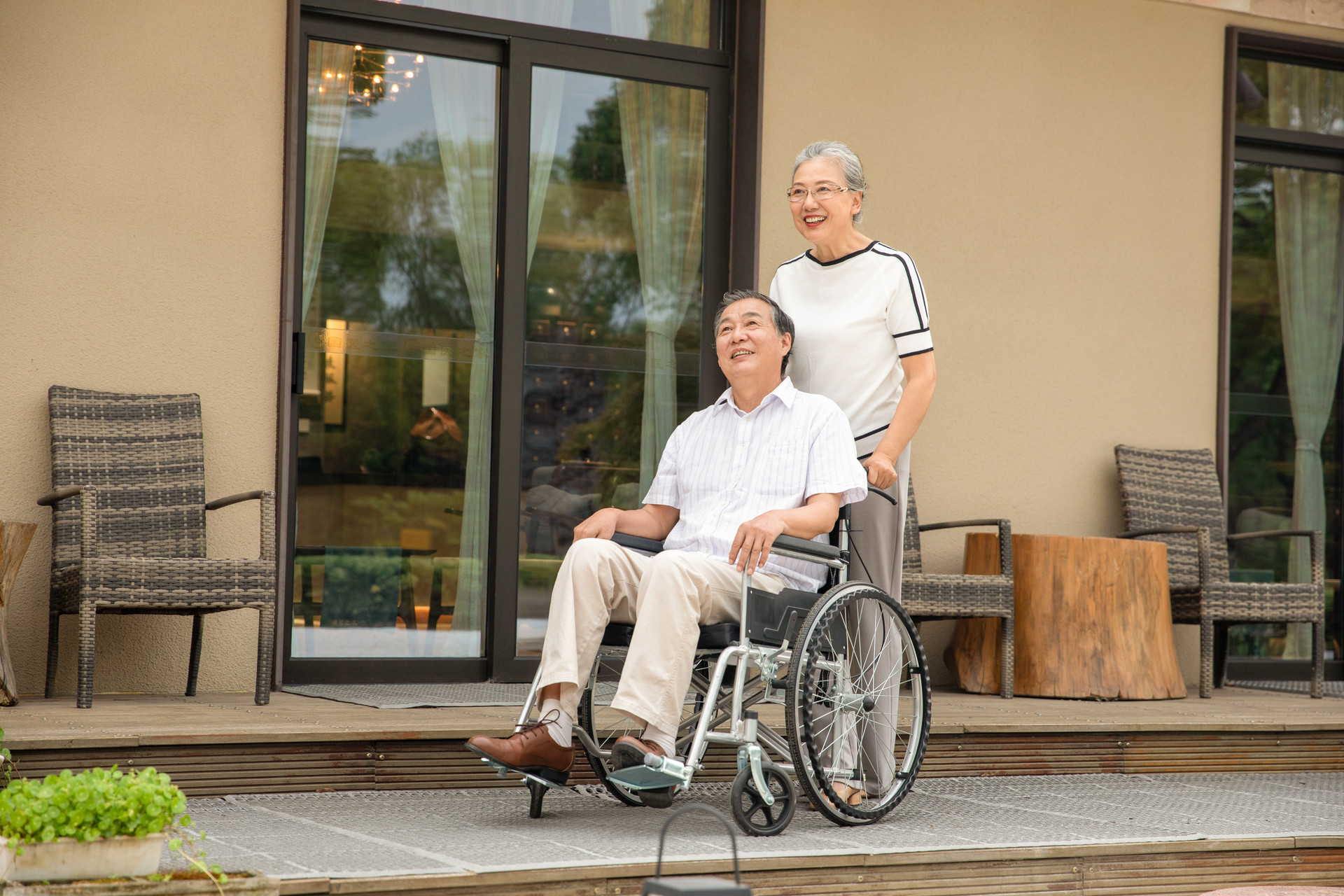Ginger is an essential seasoning in cooking and also has anti-aging benefits. It is reasonably priced and can be considered as the "people's hero" for anti-aging. There is a saying in the folk that goes, "Eat three slices of ginger in the morning, surpassing drinking ginseng soup", which has some scientific basis.
In the book "Miscellaneous Records of Dongpo" by Su Dongpo, a famous writer in the Northern Song Dynasty of China, there is an interesting story about eating ginger to prolong life: There was an old monk in Jingci Temple (now Hangzhou, Zhejiang) who was over 80 years old but had a youthful appearance, with white hair, rosy complexion, and bright eyes. Su Dongpo was amazed and asked him what miraculous method he used to achieve longevity. The old monk said, "Every morning, I take fresh ginger with the skin on, warm it with water, and consume it. I have been doing this for 40 years."
According to modern biochemical analysis, ginger has special therapeutic effects in reducing blood lipids, lowering blood pressure, and preventing thrombosis. It also has certain effects in regulating prostate function, preventing and treating cholecystitis and cholelithiasis.
The latest medical scientific research shows that regular consumption of ginger can remove "body rust". The skin of elderly people, especially their faces, is covered with small "brown spots", commonly known as "age spots". This is the result of the action of free radicals in the body. If the free radicals in the body are excessively active, it can lead to premature aging. Therefore, in order to delay aging and prolong life, it is necessary to timely remove the free radicals in the body, and ginger is a "master of rust removal". Its anti-aging effect is much stronger than that of vitamin E, which is known as an anti-aging expert.










